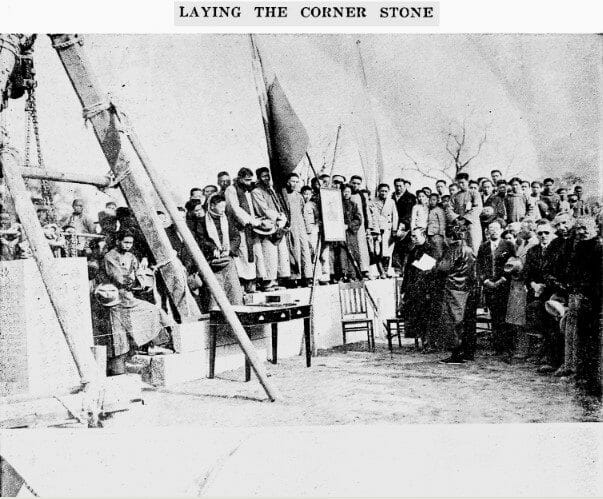By Alice Clarke
“Elbows off the table” is a phrase familiar to most ears, an order we were told as a child and to which the only response was obedience and, for me, an internal eye-roll of frustration.
For this is an etiquette that transcends generations, centuries and traditions, and yet is something that no one appears to explain why it exists. The only answer I could ever muster from my parents and grandparents is the ever-evasive “it’s rude to have your elbows on the table”, and that was meant to be enough to pacify us.
But why is it rude? Elbows aren’t unhygienic, unsafe or indeed disrespectful in any other setting than touching the wood of the dinner table.
And yet, to this day, I still sit with my elbows off the table – seemingly engrained into my very subconscious, this rule still governs the comfort of my eating despite the fact I moved away from home to university over two years ago.
To gain some sort of understanding of what this rule originally meant, a quick search of Gale Primary Sources allowed me to trace the notion of “elbows off the table” through history across multiple primary sources, allowing me to form my own theory of this particular western etiquette.




